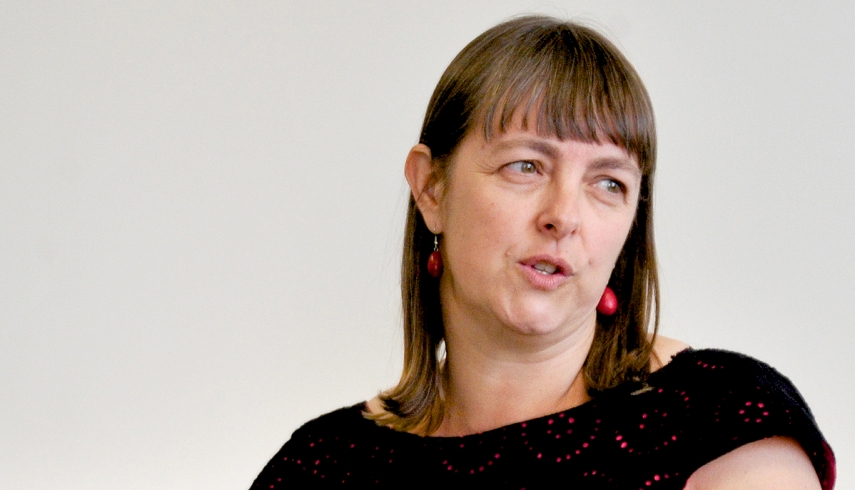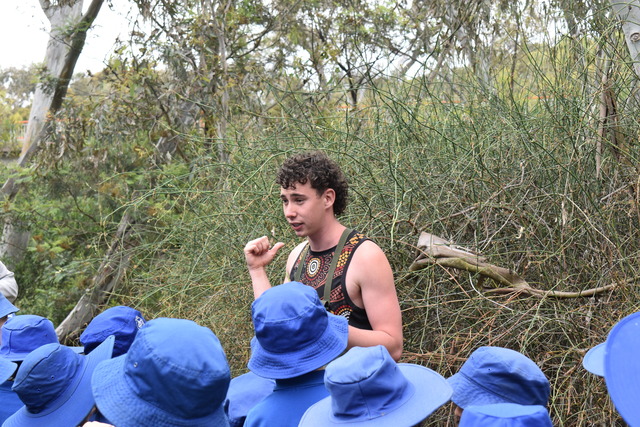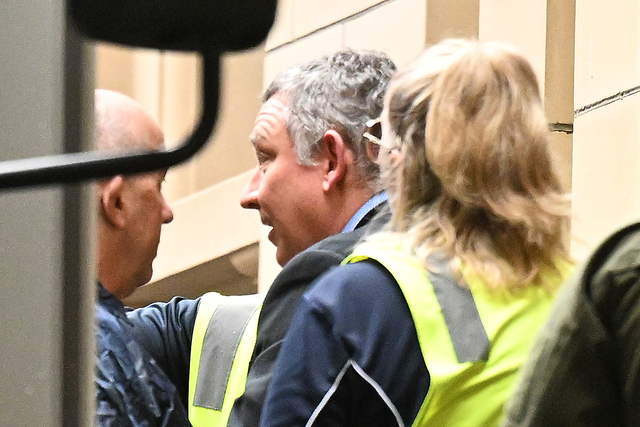FORMER Victorian premier Steve Bracks has broken his silence to say he does not intend to contest the safe Labor seat of Gellibrand, despite strong internal party support.
Mr Bracks emerged from a walking trip in Tasmania’s Tarkine facing growing pressure from within Labor ranks to fight for the seat, vacated after the decision by former attorney-general Nicola Roxon to retire from politics at the September 14 federal election.
”I do not intend to contest the seat of Gellibrand,” Mr Bracks told Fairfax Media.
Ms Roxon’s resignation has kick-started fresh discussion on the future of the party – and jockeying to take over the seat, the nation’s second safest.
It came as senior state Labor MP Martin Foley launched an extraordinary attack on Labor’s factional ”royalty class”, accusing ”factional vampires” of robbing his party of a political soul.
In a discussion paper prepared for Labor’s April 2013 state conference, Mr Foley, the member for Albert Park, blasts his Right faction Victorian colleagues, accusing them of stifling democratic reforms needed to modernise Labor.
Many Labor sources, both MPs and party officials, pointed out that there was a need for a strong woman to be preselected for Gellibrand.
Labor has a policy that requires 40 per cent of its candidates in winnable seats be women – Gellibrand has a safety margin of 24.1 per cent.
Several sources, while saying there was a long process to go through, suggested Kimberley Kitching as a potential candidate. Ms Kitching has recently been appointed temporary general manager of the beleaguered Health Services Union No. 1 branch in Victoria as part of the new leadership’s bid to clean up the union.
Ms Kitching, from Labor’s Right, is a former Melbourne city councillor. Her partner is political blogger Andrew Landeryou. Unless Mr Bracks ran, one source said, it would be ”effectively impossible for a man to replace a woman”, given the state of the party’s target for female representation.
Party sources say Labor also must decide whether it wants the candidate to be a long-term prospect who could become a solid performer in a future government or somebody capable of being a strong shadow minister after the election.
”The decision about Gellibrand isn’t just going to be about Gellibrand,” one said.
Many in Labor whom Fairfax spoke to had said they doubted that Mr Bracks would want to run given he is approaching 60 and would in all likelihood be sitting on the opposition benches.
The seat is controlled by the Labor Unity Right faction dominated by ministers Bill Shorten and Stephen Conroy.
Referring to the popular Twilight Saga series, Mr Foley, convener of the Victorian Labor Left, calls on supporters of reform to ”drive the dagger” through the heart of the factional system by boosting the direct participation of rank-and-file ALP members.
”The goal needs to be a democratic, resilient party capable of delivering when in government on the challenges of building an economy and society that both creates wealth and redistributes the benefits of growth through better opportunity and improved lives for those who need it most,” his paper says.
”Holding us back is our party organisation. Our own soulless factional ‘Volturi’ (who act as the unofficial royalty in The Twilight Saga) control a party structure and operation that is based fundamentally on reforms of 40 years ago. Applied today they have provided the mechanism for close-knit control that is counter to the party’s goals.”







